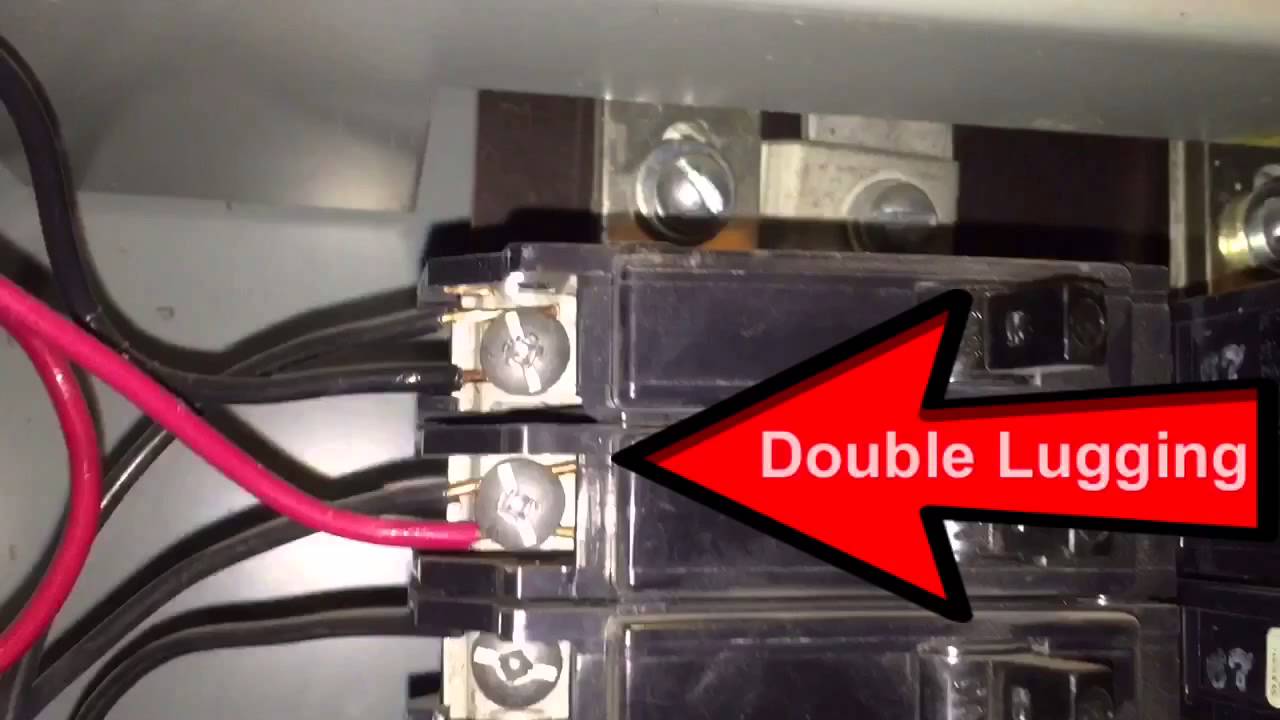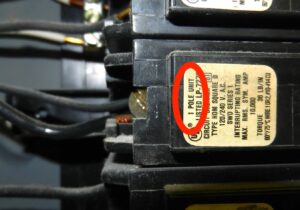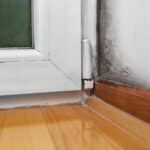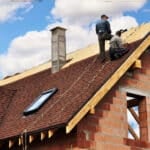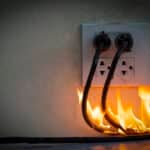Welcome back to the Tennessee Inspection Services blog! Today, we’re diving deep into a topic that often goes unnoticed but poses significant risks to the safety of your electrical systems: double-lugged breakers. As your trusted partner in ensuring the safety and compliance of your properties, we believe it’s crucial to shed light on this issue. Let’s explore what double-lugged breakers are, why they are problematic, and how you can prevent potential hazards.
Understanding Double-Lugged Breakers
Double-lugged breakers refer to a situation where two conductors (wires) are connected under the lug (screw) of a single circuit breaker. This practice is often seen when there’s limited space in an electrical panel and an easy solution appears to be using the same breaker for two separate circuits. However, this is a risky shortcut that can lead to serious electrical issues down the line.
The Dangers of Double-Lugged Breakers
While it might seem convenient to save space by double-lugging a breaker, this practice comes with a slew of hazards that can compromise the safety and functionality of your electrical system:
- Overheating: Breakers are designed to handle a specific amount of current safely. When two conductors are connected to a single breaker, the excessive load can lead to overheating. Over time, this overheating can cause damage to the wires, insulation, and even the breaker itself.
- Arcing: Improperly connected wires can result in arcing, which is the electrical discharge between two conductive surfaces. Arcing generates intense heat and can lead to fires or electrical shorts. This not only puts your property at risk but also endangers the lives of occupants.
- Reduced Performance: Breakers are engineered to trip when the current exceeds their rated capacity. With double-lugging, the breaker may not trip when it should, potentially causing a circuit overload. This situation can lead to further damage to appliances, electronics, and the overall electrical system.
- Code Violations: The National Electrical Code (NEC) mandates that breakers are rated for a single conductor unless specified otherwise by the manufacturer. Double-lugging breakers is a violation of this code, and failing to comply can result in legal repercussions and insurance complications.
- Inadequate Torque: Lugs on breakers are designed to accommodate one conductor securely. When two conductors are squeezed under a single lug, they may not be adequately torqued to the manufacturer’s specifications. This can lead to loose connections, increasing the risk of arcing and overheating.
Preventing Double-Lugged Breakers
Thankfully, there are steps you can take to ensure your electrical system remains safe and compliant:
- Regular Inspections: Schedule routine electrical inspections with professionals like Tennessee Inspection Services. Our experts will identify any instances of double-lugged breakers and recommend necessary corrective actions.
- Panel Upgrades: If your electrical panel is consistently running out of space, consider investing in a panel upgrade. This will provide you with more breaker slots and eliminate the need for double-lugging.
- Proper Wiring: Always follow manufacturer instructions and electrical codes when wiring your circuits. If you’re unsure about proper practices, consult an experienced electrician.
- Educate Residents: If you’re a landlord or property manager, educate your tenants about the dangers of double-lugged breakers. Encourage them to report any electrical issues promptly.
Conclusion
Double-lugged breakers might seem like a quick fix to save space, but they bring a host of dangers that can compromise the safety and functionality of your electrical system. As the trusted name in Tennessee Inspection Services, we prioritize your safety and the integrity of your properties. If you suspect double-lugged breakers in your electrical panel, don’t hesitate to reach out to us for a thorough inspection and expert guidance. Stay informed, stay safe!

